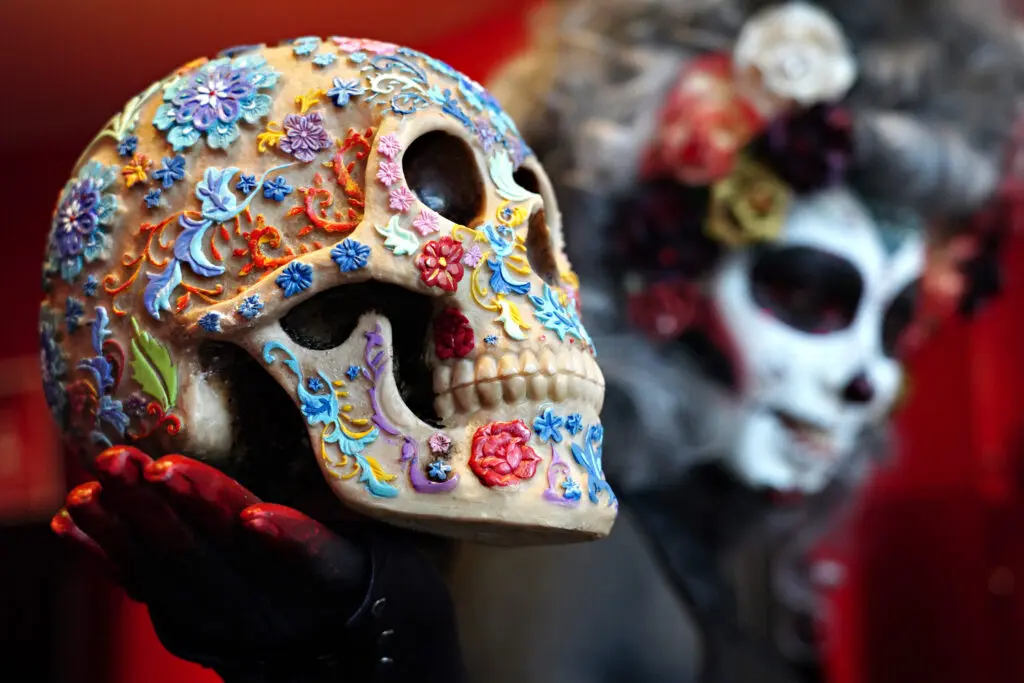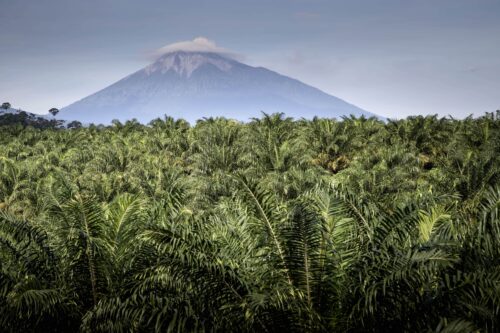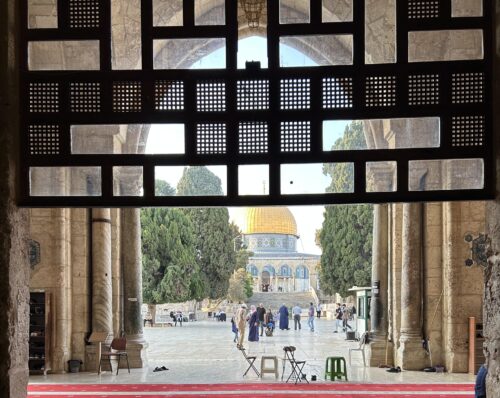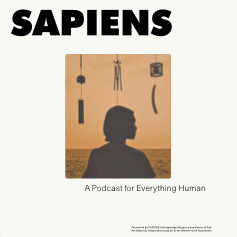Harvest Song

“I notice that autumn is more the season of the soul than of nature.”
—Friedrich Nietzsche
All our bloods in harvest
Call out for celebration
Goddesses, ghouls, ancestors
All demand libation
Anglos hang onto Halloween
Going full-on pagan
Day of the dead
Nine nights divine
Mahua, soma, mezcal, wine
[1]
[1]
Mahua refers to a liquor made of the Mahua flower common in Eastern India.
Bonfire, bonhomie, dead’s bread, bhog
[2]
[2]
Dead’s bread is an English translation of Pan de Puerto. Bhog is a shared meal offered during many Hindu festivities, one that has been offered to the gods and consecrated by them.
Dakinis Joginis going rogue
[3]
[3]
Dakinis and Joginis are the Goddess Kali’s troublemaking, fearsome companions and helpers.
Blood seems to remember
In the window before winter
A creeping crevice widens
Between that which we will never know
And that which we have always sensed
Before enlightened sense prevailed
Even secular saints agree
On this season’s propensity
For being “more of soul than nature”
This I am willing to wager
That all our souls in harvest
Call out for celebration
Goddesses, ghouls, ancestors
All demand libation
































